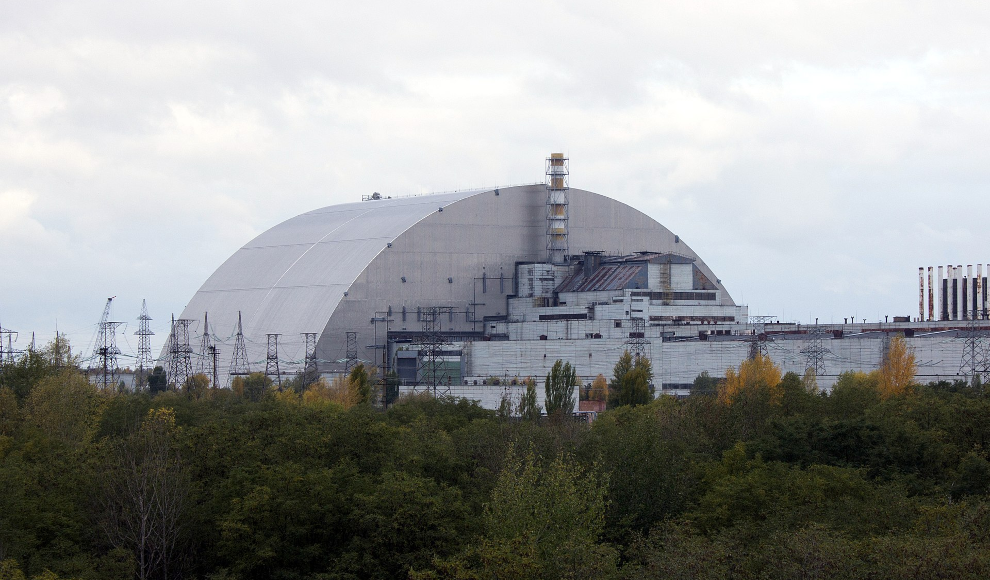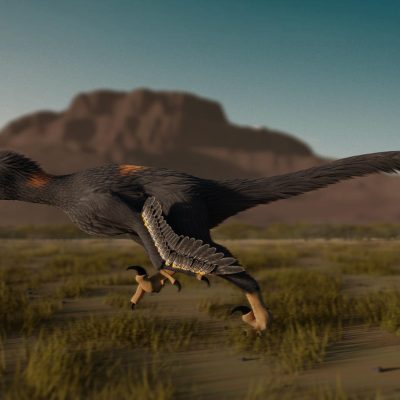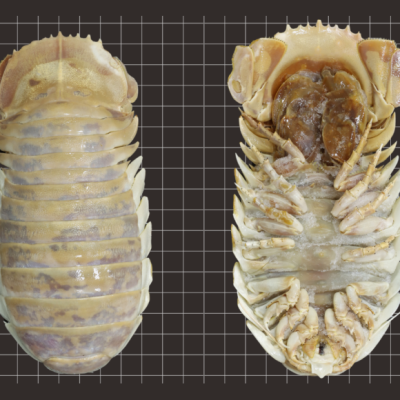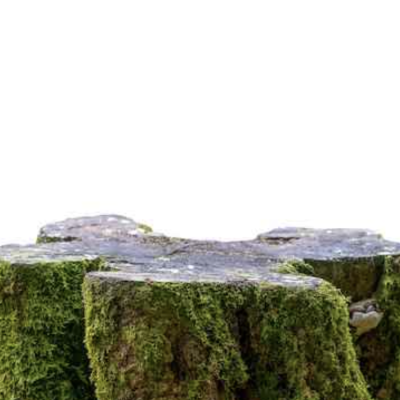Dog feces and urine are contributing to the eutrophication of nature reserves, according to a study by scientists at Ghent University in Belgium. Nitrogen compounds from agriculture and transport are already causing over-fertilization of ecosystems in industrialized countries, leading to the displacement of species that have adapted to nutrient-poor conditions. The researchers found that in reserves around Ghent, 11 kilograms of nitrogen and five kilograms of phosphates per hectare were entering the environment through dog waste. The scientists called this a “substantial amount” that exacerbates nutrient problems and affects the composition of species. The study also found that dogs on leads reduced the spread of nutrients, while owners who picked up their pets’ waste reduced nitrogen and phosphorus levels by 56% and 97%, respectively.
The researchers counted the number of dogs in four nature reserves over 18 months to determine how many were present per hectare and how much waste they left behind. They then compared this to the nutrient content of dog feces and urine, which had been established in previous studies. The scientists also took into account other factors, such as the concentration of nutrients along paths and the impact of mowing and hay removal on nutrient levels. The study’s lead author, Pieter De Frenne, said the team was surprised by how much dogs contributed to over-fertilization. In Europe, between five and 25 kilograms of nitrogen per hectare enter the environment through agriculture and transport, depending on the region.
The researchers said the additional over-fertilization caused by dogs was problematic, as many nature reserves are managed to reduce nutrient levels in the soil and promote plant and animal diversity. They called for reserve managers to inform dog owners of the negative impact their pets can have and for stricter enforcement of leash laws.










